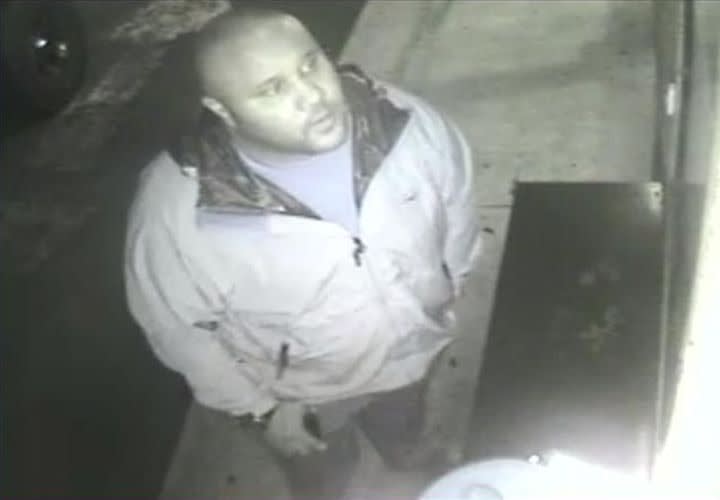"I'd like to find your inner child and kick its little ass."
Don Henley of the Eagles wrote that line in his song "Get Over It" as a reaction to the self-indulgence of Hollywood types and yuppies back in the mid-1980s. But in reality it's what all of us "sane" people do to our inner child on a daily basis. We don't sit around and dwell upon the evils that were inflicted on us when we were 9, or 15, or 21, or even last week. To do so is to invite rage.
You don't hear a lot of discussion of rage and its role in the recent atrocities in Aurora, Colo., Newtown, Ct., or on the streets of Southern California last month. But it is the one common denominator. Rage is anger without reason. Rage is a fury against everyone and everything. Rage is that inner child yelling, "You took my toy and now you're going to pay." The rage of a child is usually released in a relatively harmless tantrum; the rage of an adult is often released in a hail of bullets.
Psychologists have a term for people who dwell upon the slights of the past and lash out at others because of them. They call them "injustice collectors." You never know what might set off an injustice collector, but when they finally release all that rage, somebody is going to be in a world of hurt.
Southern California cop killer Christopher Dorner was an injustice collector. If you read his lengthy and rambling manifesto, you will see that he filed away every little slight, real or imagined, and compiled an enemies list of people he wanted to pay back.
I'm no psychologist but reading Dorner's own words leads me to believe that even if he was paranoid and insane, his particular brand of insanity was rooted in his immaturity. Yet somehow this childish man was entrusted with huge amounts of adult responsibility by people and agencies that should have known better.
Dorner was a commissioned officer in the U.S. Navy. The only way a man like Dorner could have achieved such a position is if something is seriously wrong with the Navy's promotion system.
The questions that arise regarding Dorner's service with the Los Angeles Police Department are even more problematic. He wore the uniform and badge of the LAPD from 2005 to 2009, but he was really only an active cop for a fraction of that time because his Naval Reserve unit was called to active duty and because he was suspended pending review. He was cashiered from the force in 2009 for lying about an excessive use-of-force incident involving his training officer.
Dorner claimed in his manifesto that he was fired from the LAPD because it is a racist organization. He also claimed that his reason for declaring "war" on the LAPD was "to clear his name." The great irony here is that nothing besmirched his honor as much as his own childish rampage. He stalked and murdered the daughter of the retired LAPD captain who defended him during his Board of Review hearing and her fiancé; he ambushed two Riverside, Calif., officers, killing one of them, seriously wounding the other; he killed a San Bernardino County Sheriff's detective and critically wounded another; and he died by his own hand in a burning ski cabin. Nothing the LAPD could have done to him could have thrown as much filth on his name.
There are those who believe Dorner just snapped and went crazy, that he gave in to his own particular brand of paranoia that saw racial attacks in the actions and words of all his fellow officers. That may be partially true. But I believe his manifesto reveals that Dorner's rage had been building for some time and his immaturity was likely obvious if anyone cared to take a long careful look.
So maybe Chief Charlie Beck was right to say during the Dorner manhunt that he wanted the department to investigate Dorner's charges of both casual and institutional racism in its ranks. Given the department's history and how it is portrayed in the local media, he really had no choice. And you also have to give the department credit for weeding out bad actors like Dorner from its ranks. But I believe the people of Los Angeles would be better served if the LAPD were to re-examine its hiring policies and find ways to prevent immature individuals like Dorner from becoming cops in the first place.













